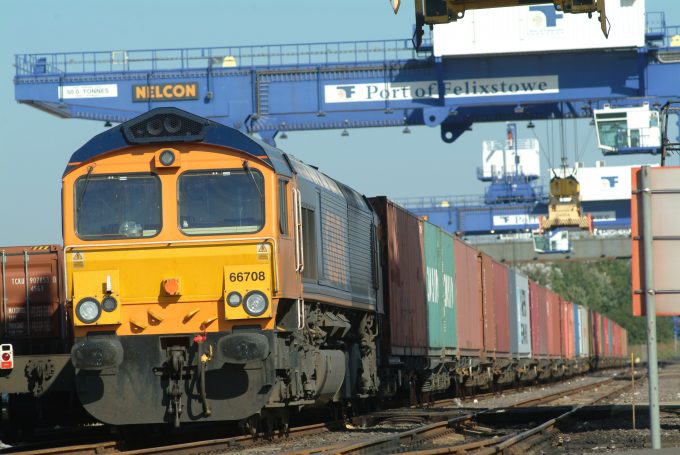Zimbabwe growers appeal for air cargo capacity – or will switch to ocean
Zimbabwe’s fruit and vegetable growers are searching for airfreight capacity to Europe – or will ...

Rail freight reform in the UK has been put on the right track after last week’s publication of the government’s Williams-Shapps white paper, but questions remain over how changes will be realised.
Director general of the Rail Freight Group (RFG) Maggie Simpson said that although the reforms primarily focused on passenger rail, she was pleased with the attention also given to the freight sector.
“From this white paper we go into the battle of reform as well armed as we could as ...
Asia-USEC shippers to lose 42% capacity in a surge of blanked sailings
USTR fees will lead to 'complete destabilisation' of container shipping alliances
New USTR port fees threaten shipping and global supply chains, says Cosco
Outlook for container shipping 'more uncertain now than at the onset of Covid'
Transpac container service closures mount
DHL Express suspends non-de minimis B2C parcels to US consumers
Zim ordered to pay Samsung $3.7m for 'wrongful' D&D charges
Flexport lawsuit an 'undifferentiated mass of gibberish', claims Freightmate

Comment on this article